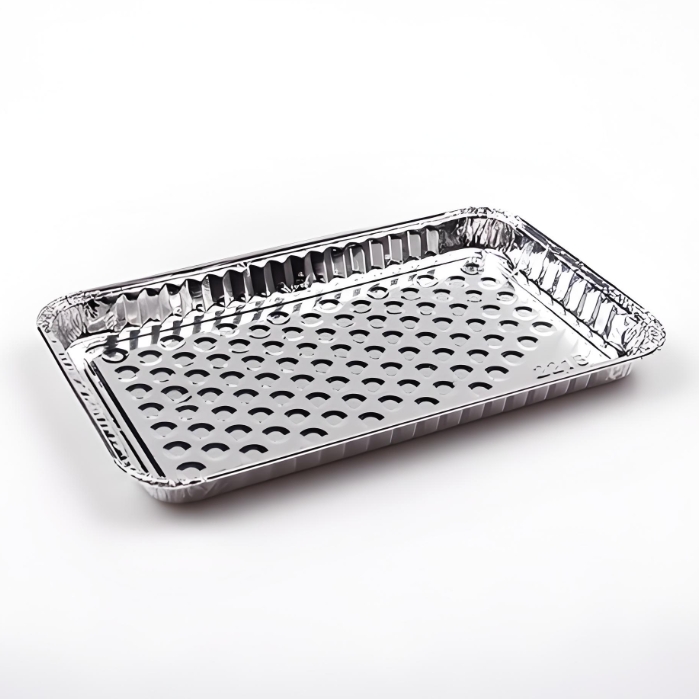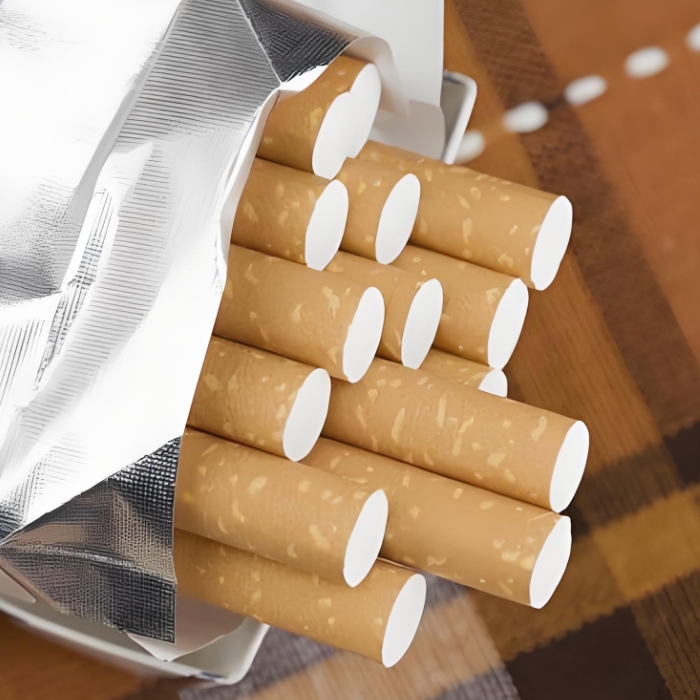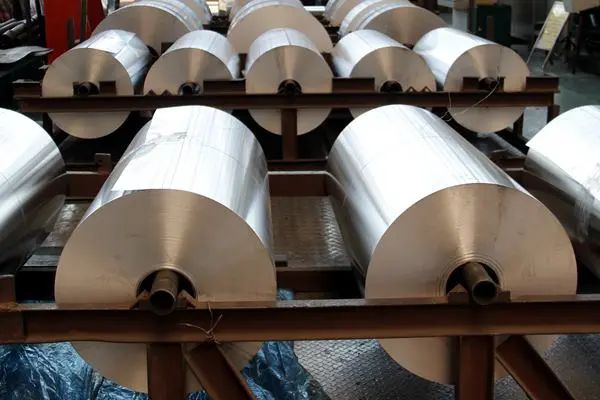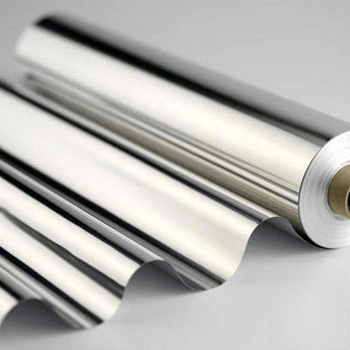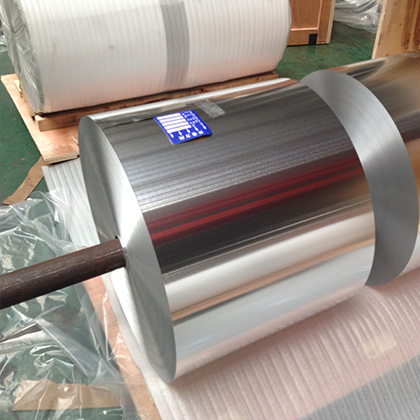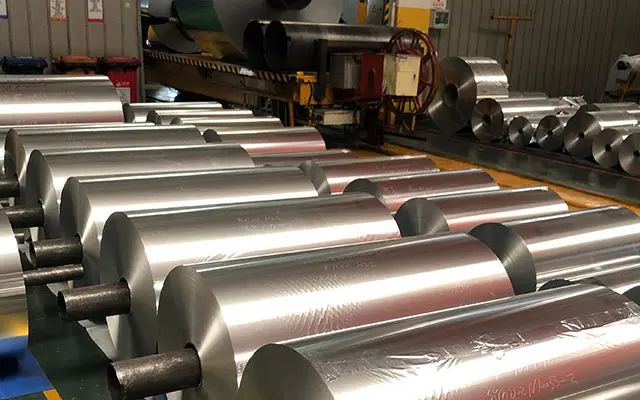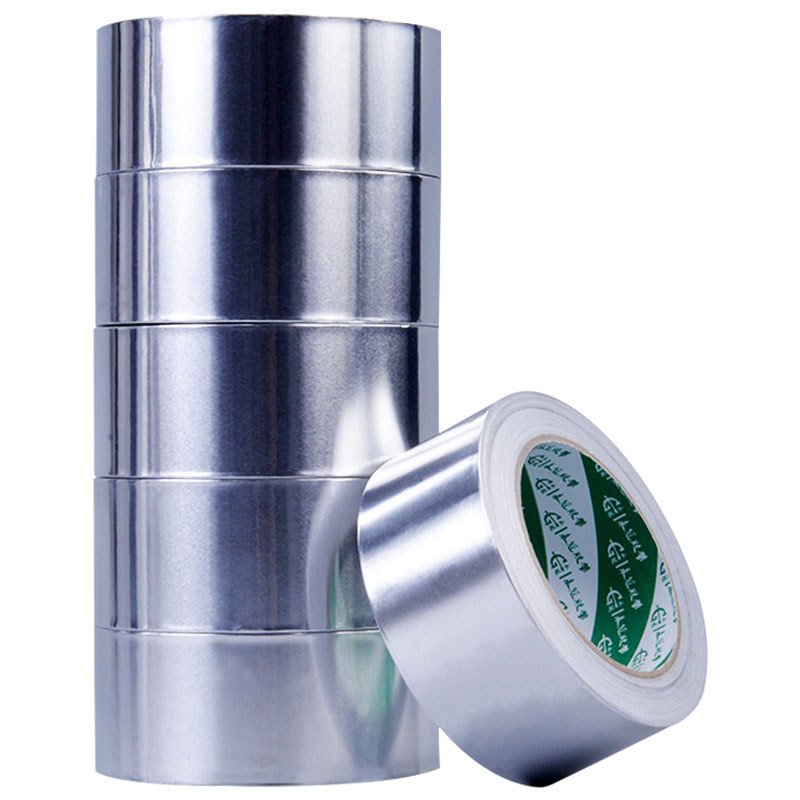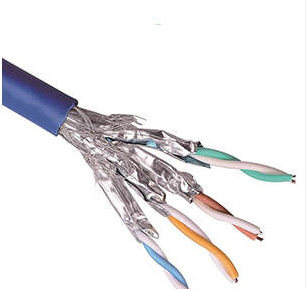Is Aluminum Packaging Foil Safe for Food Storage?
A lot of people utilize aluminium foil to wrap food items, cook, or even keep leftovers in storage. Although aluminum foil is used for packaging food for a long time, many question its security. We’ll examine the different aspects of aluminum foil, which includes its benefits in food storage, and its security aspect with regard to food and some guidelines for safe use.
How is Aluminum Packaging Foil Made?
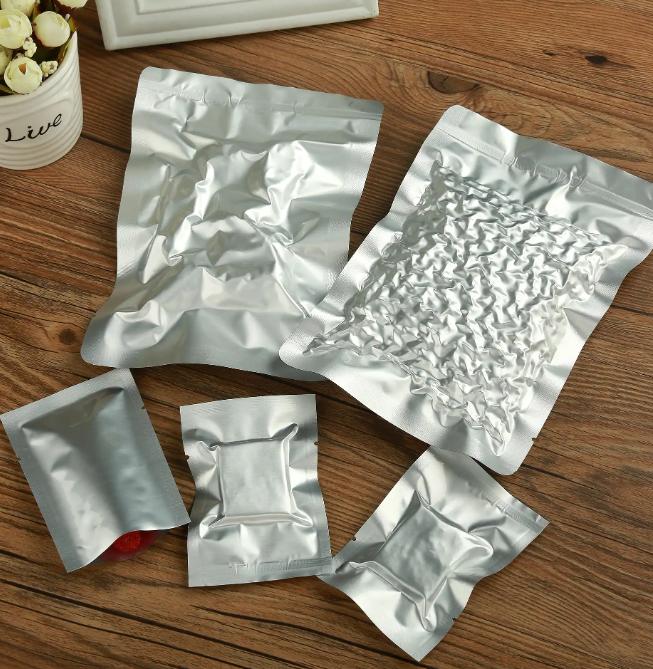
The process of making aluminum foil begins with huge, shiny chunks of metal. A furnace heats the aluminum until it becomes liquid. The liquid metal is then shaped into massive ingots that look like gigantic hockey pucks that are gray.
The actual shaping takes place at the mills that roll. Teams of hot rollers press these pucks over and over with each passing slicing off an additional sliver of thickness, until the metal is stretched into sheets that feel like paper. It’s a stretch that feels endless. an ingot can be rolling for several hours.
The sheets move through the mill, passing by sensors, fans as well as cooling beds, until they are less than a few microns. When they are at this point, the metal is flexible enough to be cut into squares of pantry size or long industrial strips with barely a ripple. Sometimes, a lubricant coating or embossed design can be added in the process and gives the foil a distinct edge against moisture, grease or sharp-edged food items.
After the final adjustments,the sheeted rolls are packed and labelled in a neat package of convenience waiting to be stacked in casserole dishes, wrap baggies for sandwiches or store leftovers. The rolls will spend the rest of the time moving from the loading dock to kitchen drawers and ensuring that food remains fresh, one tear-off strip at time.
Advantages of Aluminum Packaging Foil for Food Storage
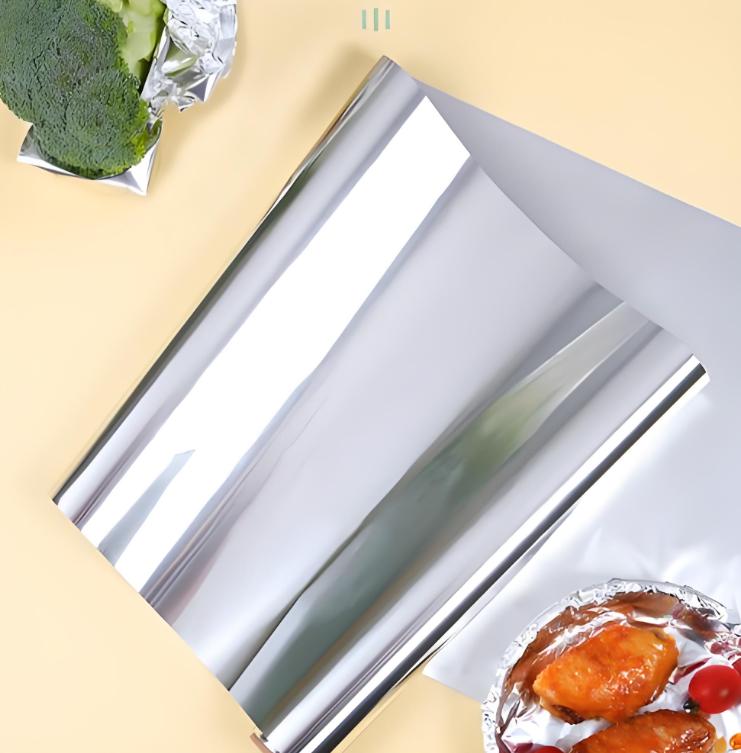
Aluminum foil has a variety of advantages when used for storage of food, making it a preferred choice for commercial and residential kitchens.
- Wrap the apple in foil, and the tiny fruit will lock its contents inside an airtight container. The odors, moisture and invisible light waves can be stifled by the barrier, which means that flavor and crunch remain intact for longer than if you left the apple was placed at the table.
- The foil can be placed on top of ice cream covered with frost or covers the inside of a scorching baking oven, it can ward off the extreme temperature and bitter cold without breaking. This same roll is able to transport leftovers directly from freezer to oven and retain its form.
- Take a piece of foil and the metal does not even crumples; you can literally pull a car with it. This tough, strong thickness fends off pinholes, stops scents from entering and also protects glass bowls and delicate desserts during the rough and tumble of a hectic kitchen.
- The sheet is light and can be bent to snuggle an unfinished pizza wedge or wrap it around a half empty bowl. Placing several sheets on a table hardly is a problem, but the moment you’re in need of it, foil will wrap itself around whatever food item you might be cooking.
- Aluminum foil is able to be tossed into the metals bin after it is cleaned. And the material is able to hold its value even when it is crumpled and rolled. Reprocess the sheet, and manufacturers will use less of the energy to make new stock, which decreases the footprint of the package without demanding a lot from the end user.
Is Aluminum Packaging Foil Safe?
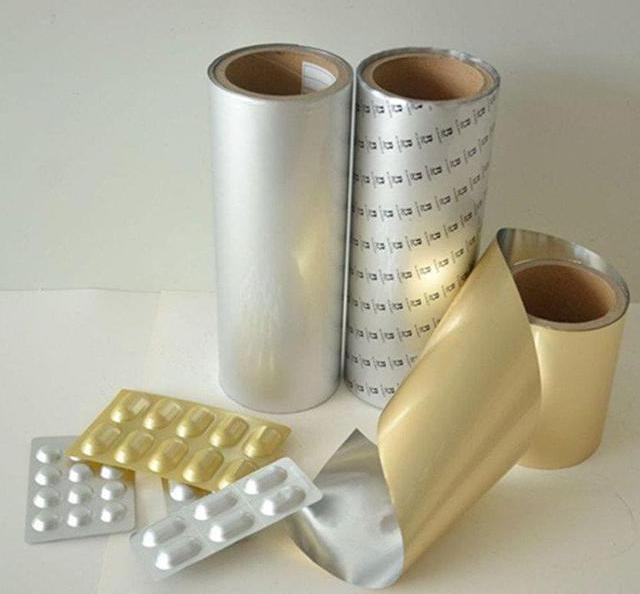
Aluminum foil is typically thought of as safe for food storage, however there are a few crucial considerations to be aware of to ensure that it is safe for use.
Potential Leaching of Aluminum
A concern about aluminum foils is that of the possibility for aluminum to leach into food items, especially when cooking or storing acidsic foods like tomato or fruits with high temperature. The acids present in these foods may interact with foils, causing tiny amount of aluminum move to the foods. But, the amount of aluminum that is leaching out is typically very minimal.
Experts in health agree that the small amounts of aluminum that could be ingested from foil are not likely to cause any health hazards of any significance. The body is able to easily eliminate tiny quantities of aluminum. Research suggests that the regular usage of aluminum foil to store food items or cooking doesn’t result in dangerous levels of aluminum accumulation within the body.
FDA Approval
The U.S. Food and Drug Administration (FDA) has examined aluminum foil and found that it’s safe for contact with food items. The FDA provides guidelines on its use, to ensure that aluminum foil has been approved for cooking and storage of food in the event that it is utilized within the recommended limits.
In the end, although it is important to stay clear of certain methods for wrapping acidic food items for long durations in aluminum foil, it’s generally safe for foods storage as well as preparation. If used properly the chance of aluminum being absorbed into food is low and poses no major health risk.
Tips for Safe Use of Aluminium Packaging Foil
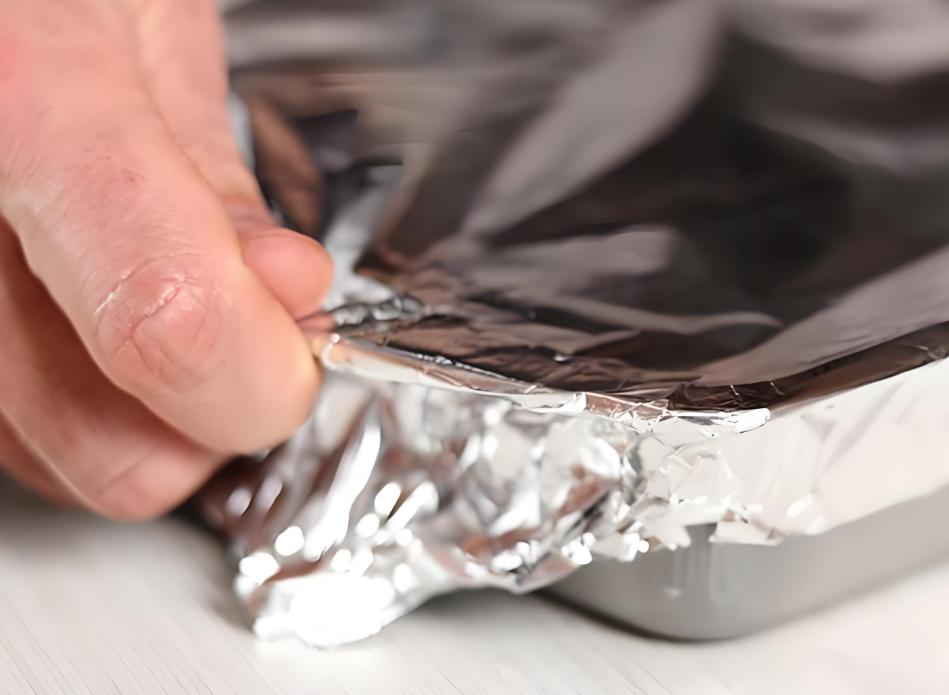
To ensure secure and efficient use of aluminum foil in Food storage here’s a few useful tips:
- Avoid the acid on Foil: If thin aluminum sheets touch tomato juice, oranges or even vinegar, iron could leach a little into the food. A small piece made of paper parchment or plastic wrap marks the line, and helps keep the dish fresh.
- Be aware of your temperature limits: Foil shrugs off normal oven temperatures, but burning flames or a broiler that is cranked to over 500 degrees can transform the glossy barrier into a danger. Follow the recipe’s guidelines and avoid any excessive heat that can burn the acid-soaked surface.
- Do not deal with leftovers using Foil: The act of folding shiny papers over itself breaks the material and creates less of a barrier against odor and air. Fresh rectangles are cheap quick and easy to do what it says it ought to.
- Cleaning It Before, then Recycle It:Aluminum is able to live another day in the plant when it is not contaminated by the grease and sauce. Sheets that have been contaminated flush the sorting lines. So clean, squish into a ball, then let the bin work its magic with no lunch leftovers.
- Make the wrap tight: The edges should be crimped on the foil until nothing can be seen through. A tight closure keeps air out of its tracks and makes bread soft while securing against dust from the kitchen and smells.
Are you worried about the possibility of aluminum sneaking into your meals? The majority of studies indicate that it is not a problem in food preparation as well as packing. Beware of items containing vinegar and press the wrinkles down and you’re good to go. Additionally, by putting it into an aluminum recycling bin will earn its green points.
Related Products

